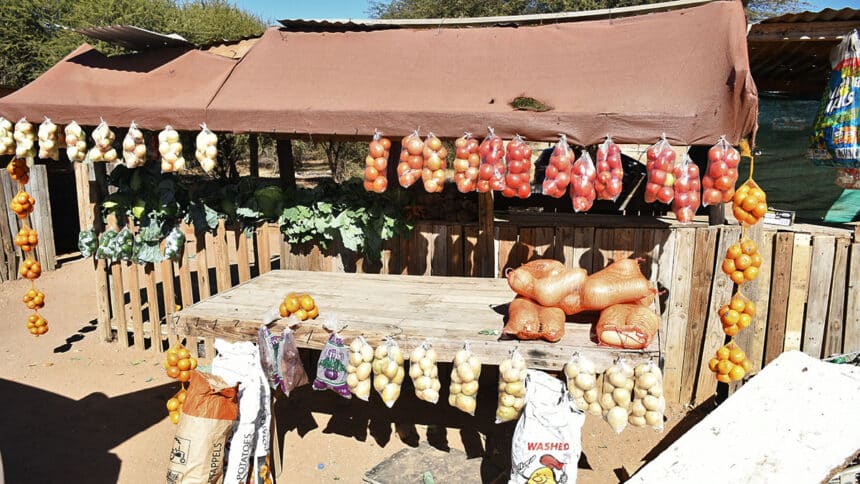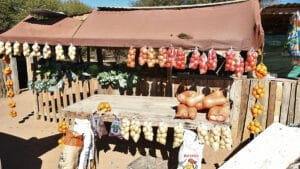While government’s restriction on certain imports has been well received locally, the move could potentially be seen as anti-Africa Continental Free Trade Area (AfCTA) by those beyond BW’s borders.
Currently, Botswana has stopped the import of school uniform, as well as a number of fruit and vegetables – a ban that was recently extended for a further two years and expanded to include okra, mushrooms and sweet corn amongst others. Come October, cement will also be added to the ‘forbidden list’, when quantities less than 1, 000kg will no longer be imported.
One of the flagship projects of Agenda 2063, AfCFTA is an ambitious trade agreement, which includes critical areas of Africa’s economy, such as digital trade and investment protection, amongst other areas.
The largest free trade area with 1.3 billion people, AfCFTA is expected to boost Africa’s income to $450 billion by 2035 and potentially lift 30 million people out of abject poverty.
Confident the import ban will not hurt Botswana’s continental exports once AfCTA is fully implemented, the Ministry of Trade and Industry PRO, Oarabile Phefo said he does not envision any sort of backlash.
“The statutory instruments promote local production, build competitiveness and sustainability of local manufacturing companies. It also intends to stimulate investments, job creation and economic diversification within the sector.”
Phefo was quick to point out that such import bans are provided for within the regional trade agreements.
“Protection of infant industries is allowed as per SACU agreement to nurture these industries from competition of similar products from well established industries in other countries,” stressed the Ministry’s mouthpiece.
Similarly, First National Bank Botswana (FNBB) economist, Gomolemo Basele applauded Botswana for taking steps to try and safeguard some of its infant industries, as part of its efforts to diversify the economy.

“The move to ban certain imports, in our view, was undertaken with the intention of providing local industries the opportunity to scale up their production with the view of developing some level of comparative advantage in the wake of trading under the AfCFTA being ramped up,” he said.
“From an agriculture standpoint, the ban on certain fresh produce was also done with the view of improving Botswana’s food security, given size and scale of the food import bill. The ban being extended to textiles and areas such as cement was done, in our view, with the intention of including Batswana and Botswana owned business in the country’s economic discourse – a key motivation behind the crafting and implementation of the Economic Inclusion Act. These areas being reserved for local participation are also hoped to address the unemployment challenges that the country currently faces, with funds (such as Temo and Thuo Letlotlo, as well as the Chema-Chema fund) being directed towards amplifying growth in these sectors,” said Basele emphasising it is expected these restrictions will be lifted once Botswana is able to develop a foothold in the identified industries.
“Given that the bans also reflect the government’s priority sectors, with funds and other initiatives being earmarked for their development, we anticipate these sectors to reflect growth in anticipation of trade under the AfCFTA gaining pace – successful implementation of these growth initiatives will make Botswana goods and services more competitive in the region once flow of trade is opened up,” added Basele.




















